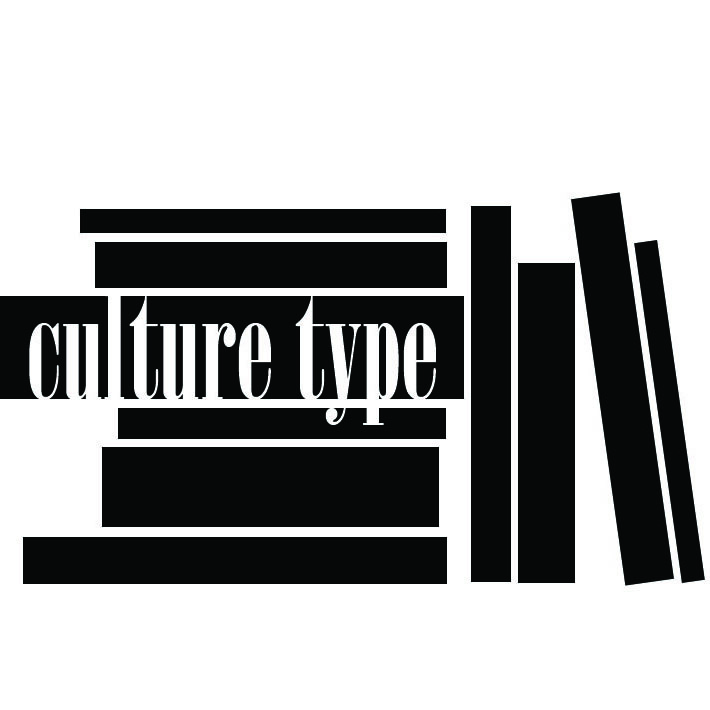THE J. PAUL GETTY TRUST announced today the addition of influential art collector Pamela J. Joyner to its board of trustees. A financial industry veteran, Joyner is the founder of Avid Partners, LLC. Currently, she has turned her focus to philanthropy and an increasingly pivotal role in the arts. Joyner’s appointment to the Getty board is effective immediately.
“We are so happy that Pamela J. Joyner is to join the Getty Board of Trustees,” Board Chair Maria Hummer-Tuttle said in the announcement. “Her leadership in the arts has been influential and wide-ranging; we welcome her broad experience and depth of knowledge.”
“[Pamela J. Joyner’s] leadership in the arts has been influential and wide-ranging; we welcome her broad experience and depth of knowledge.”
—Getty Board Chair Maria Hummer-Tuttle
San Francisco-based Joyner initiated an expansive collection of modern and contemporary art by African American and African diasporic artists in 1999. Over the years, she has assembled more than 300 works by about 100 artists including Sam Gilliam, Norman Lewis, Alma Thomas, Edward Clark, Charles Gaines, Mark Bradford, Glenn Ligon, Lorna Simpson, Shinique Smith, and Samuel Levi Jones, among others. The Pamela J. Joyner Alfred J. Giuffrida Collection of Abstract Art is recognized as one of the most significant collections of its kind.
Last fall, “Four Generations: The Joyner Giuffrida Collection of Abstract Art” was published. The nearly 400-page volume documents the collection with full-color images, sections devoted to each artist, and contributions from leading scholars and curators. Next fall, “Solidary and Solitary: The Pamela J. Joyner and Alfred J. Giuffrida Collection” opens at the Ogden Museum of Southern Art in New Orleans. The exhibition draws from the private collection, presenting work from the 1940s to the present. The nationwide touring exhibition is curated by Christopher Bedford and Katy Siegel, the team organizing Bradford’s presentation in the U.S. Pavilion at the 2017 Venice Biennale.
WITH AN ENDOWMENT of $6.3 billion in 2016, The J. Paul Getty Trust is the wealthiest art institution in the world. Based in Los Angeles, its philanthropic and cultural entities include the J. Paul Getty Museum, the Getty Research Institute, the Getty Conservation Institute, and the Getty Foundation. The institution is recognized for its dedication to international conservation and research; support for digitizing and preserving collections, its own, and at other museums and cultural organizations; and providing visual arts grants aimed at strengthening the field of art history and developing cultural leaders. In September, the Getty is presenting, “Pacific Standard Time: LA/LA,” a citywide initiative exploring Latin American and Latino art.
Established with the founder’s collection, the Getty museums focus on European art and Greek, Roman, and Etruscan antiquities and some 20th century assets. Perhaps Joyner’s presence and knowledge will spur interest in broadening its American collection, including more acquisitions of art by African Americans.
In a Q&A published in “Four Generations,” Joyner says she thinks supporting culture is “a civic duty of humankind. At the end of the day, when we’re all gone, culture is what remains. Culture is a very powerful director of everything else in the environment. Culture determines politics. It can determine economics. Culture assigns status and power to some and denies it to others. Culture is a very powerful influencer. It’s the influencer of how we live and interact in the world.” CT
TOP IMAGE: Collector Pamela J. Joyner at Abstracted Black Tie Dinner hosted by Joyner, Fred Giuffrida, and Ogden Museum of Southern Art at Hearst Tower in New York City, in celebration of “Four Generations, The Joyner/Giuffrida Collection of Abstract Art.” | Photo by Jared Siskin/Patrick McMullan via Getty Images
BOOKSHELF
The nearly 400-page volume “Four Generations: The Joyner/Giuffrida Collection of Abstract Art” documents an impressive collection of more than 300 works by about 100 African American and African diasporic artists with full-color images, sections devoted to each artist, and contributions from leading scholars and curators.























